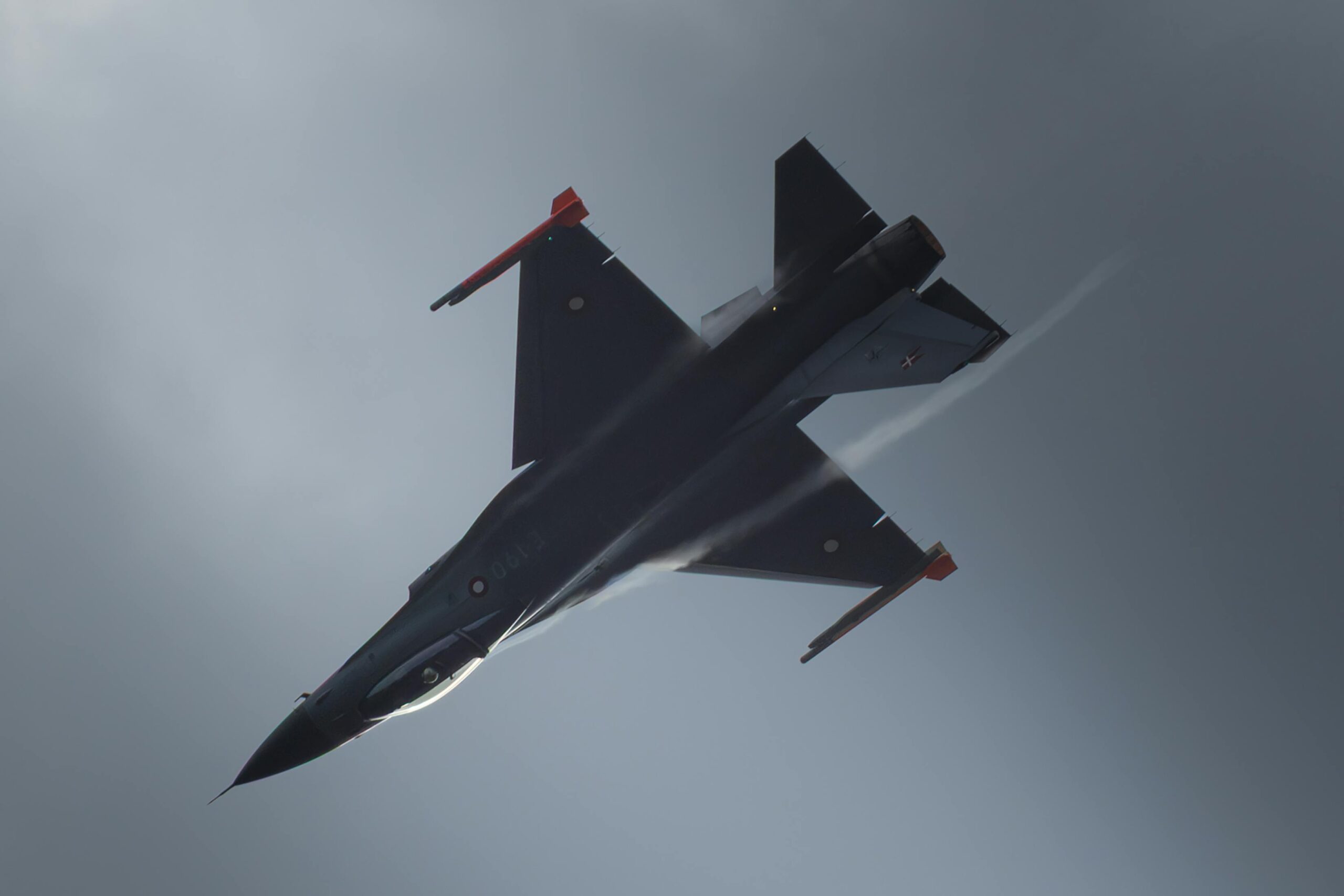In an unprecedented security lapse, senior officials within the Trump administration inadvertently disclosed top-secret military plans concerning Yemen to a journalist, igniting a bipartisan call for a comprehensive investigation.
The Unintended Disclosure
The breach occurred when National Security Adviser Mike Waltz mistakenly included Jeffrey Goldberg, editor-in-chief of The Atlantic, in a Signal group chat. This chat, intended for high-level discussions on impending U.S. military operations against Yemen’s Houthi rebels, also comprised Vice President JD Vance, Defense Secretary Pete Hegseth, and Secretary of State Marco Rubio.
Goldberg, upon realizing the sensitivity of the information, promptly exited the conversation and refrained from publishing the most critical details.
Reactions and Denials
The revelation has elicited strong reactions from various quarters. Defense Secretary Hegseth vehemently denied the allegations, stating, “Nobody was texting war plans.” He further criticized The Atlantic and Goldberg, labeling the journalist as “deceitful and highly discredited.”
President Trump, when questioned, distanced himself from the incident, remarking, “I don’t know anything about it. I’m not a big fan of The Atlantic.”
Political Fallout
The incident has intensified partisan tensions. Democratic lawmakers have expressed outrage, with Senate Minority Leader Chuck Schumer calling for immediate resignations of those involved.
Conversely, some Republicans have downplayed the severity. Senator Marco Rubio, a participant in the chat, emphasized the administration’s commitment to combating terrorism and suggested that the backlash was politically motivated.
Security Implications
National security experts have underscored the gravity of the breach. The use of Signal, a commercial encrypted messaging app, for discussing classified operations has raised eyebrows. While Signal offers robust encryption, it is not authorized for transmitting classified information.
Leon Panetta, former Defense Secretary and CIA Director, commented, “They broke every procedure known to man about protecting operational material before a military strike.”
Investigations Underway
In response to the uproar, the National Security Council has initiated an internal review to ascertain how the breach occurred and to implement measures preventing future lapses.
Furthermore, congressional committees are poised to conduct hearings, with intelligence officials expected to testify on the matter.
Broader Implications
This incident has cast a spotlight on the administration’s handling of classified information. Comparisons have been drawn to previous controversies, notably the criticism of former Secretary of State Hillary Clinton’s use of a private email server.
The breach also raises concerns about the U.S.’s credibility with international allies, potentially affecting intelligence-sharing agreements and collaborative operations.
Conclusion
The accidental inclusion of a journalist in high-level military discussions represents a significant security oversight with far-reaching implications. As investigations proceed, the administration faces mounting pressure to address the breach transparently and to reinforce protocols safeguarding national security information.
(Source : reuters.com)






